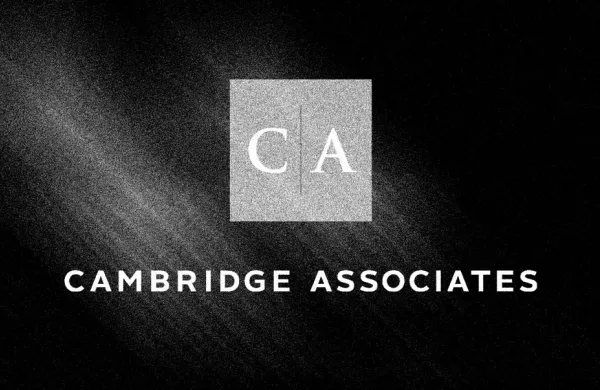Dave Daglio, the former chief investment officer at Mellon Investments, has started a new asset management firm focused on episodic opportunities that can vary widely over time.
Daglio named the firm BC-GUMPS. While not exactly catchy, it does get at the founder’s idea. BC-GUMPS is an aviation acronym that pilots use to help them safely land a plane.
The manager’s first fund, which is set to launch this spring, may not instill confidence in the economy. It’s focused on credit default swaps (CDS), which are contracts that investors use to protect themselves when borrowers default on their debt. BC-GUMPS is betting that some contracts will be worth more in the near future as the underlying companies face more difficulties in paying their debts than what is reflected by their current credit ratings.
“I’ve really been working on this for about 25 years,” Daglio said. “The reality is, your best ideas [work] more like a gold mine. You search forever, you find them, you mine them, and then there’s very little left. And that’s always how I invested.”
Although big asset managers have extensive resources, research, and clients with a lot of capital to invest, they are less nimble than their smaller peers. Even when everyone agrees on a good investment idea, if that idea can’t be scaled into a strategy managing billions of dollars, it gets vetoed, Daglio explained.
After years of conversations ending that way, the CIO wanted to create a firm that could capitalize on those missed opportunities.
“I started thinking, what if I could create the entire research platform I had at the Bank of New York, the same intellectual process? What if I could organize the company so that we only invested when the gold mine was in front of us? And then after the gold mine was depleted, we closed the fund?” Daglio said.
Through a partnership with Valens Research, a Cambridge, Mass.-based research platform used by many institutions, BC-GUMPS has built a platform inspired by the namesake pilot checklist, one that is structured, repeatable, and designed specifically to identify market dislocation or severe mispricings. “We have the ability to pounce on ideas that even our peers who have similar research teams could not,” Daglio explained.
Right now, the new firm’s researchers observed that some of the most popular terms searched for online about the economy in late 2007 centered around whether a coming recession would be “mild.” (The recession in 2008 was among the worst in a century.) He said that a similar conversation is currently happening online about the chances for a “soft landing.”
Using a scoring system that the firm developed, BC-GUMPS identified as many as 250 securities that it believes are in danger of getting a lower rating over the next three years as the companies struggle to pay their debts. It then narrowed that list further, and when the firm’s first fund launches in the spring, BC-GUMPS will effectively short those securities using CDS contracts.
“Within the investment-grade market, we found 30 securities that we think will move from investment grade to more like high yield in the next recession,” Daglio said. “And then from there you have to create the solution. The most economical way to implement that solution is through credit default swaps.”
Prior to the financial crisis, CDS contracts were bespoke. Shortly after, however, the contracts were standardized, making them much more liquid. Still, BC-GUMPS’ first fund will be capped at $250 million.
“I’ll be a large investor in the fund, and I want to make sure that it has all the liquidity I need to generate strong returns for my own personal wealth,” Daglio said. He also wants the fund to remain agile. The smaller size will allow the firm to close the fund in the middle of the next recession and return capital to investors.
Daglio declined to share detailed information about other opportunities. But the next fund will have the same investment philosophy and may also be focused on CDS.
“We believe there’s an arbitrage in the market that’s incorrectly priced,” Daglio said. “It’s likely episodic in nature, which means it won’t last forever. And we believe there’s asymmetry for clients in the returns, meaning a far better chance of making money than losing money. And those are the attributes we’re constantly looking for. We landed on the inaugural fund, frankly, because we thought this had the best asymmetry of any other investment choices we had at this juncture.”
The manager also said that others will undoubtedly copy the strategy. Daglio said he’s surprised that “a hundred” others aren’t launching firms like BC-GUMPS. “I’m absolutely certain there will be others, because the idea is not unique. It’s just relatively hard to accomplish.”
Humans’ good decisions come from having a structured and repeatable process. “The sheer genius of the BC-GUMPS checklist gets right at that wisdom.”







